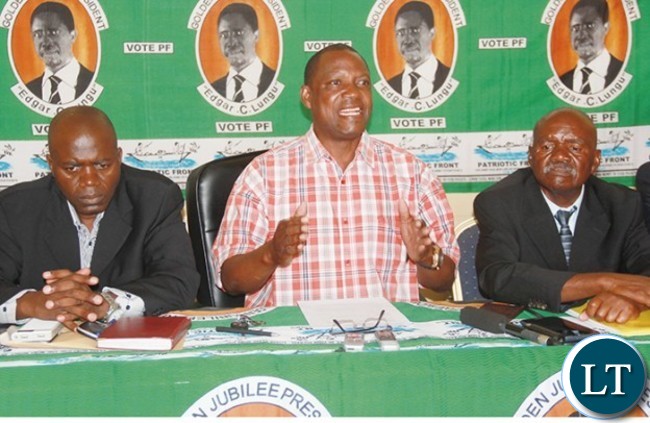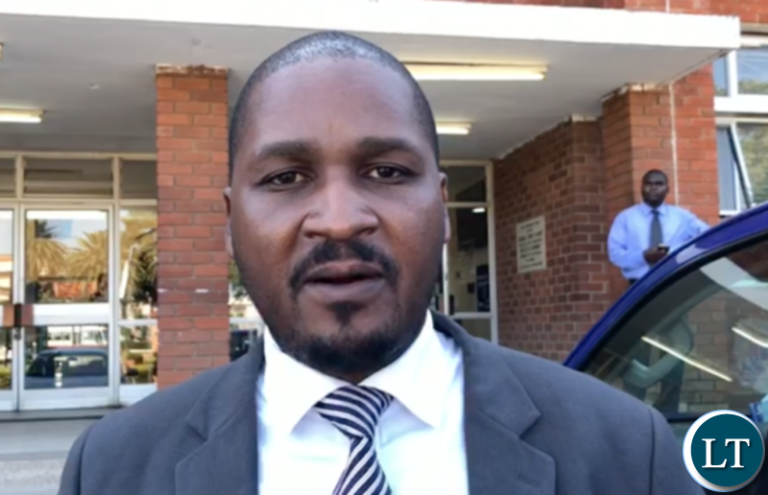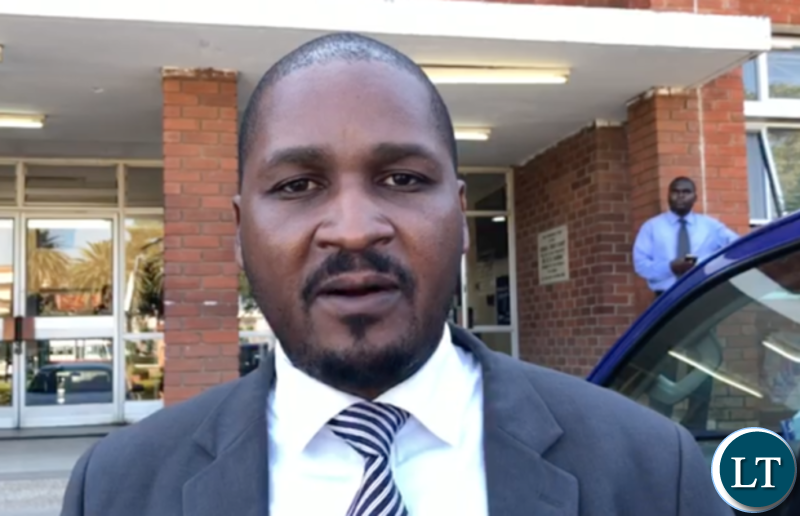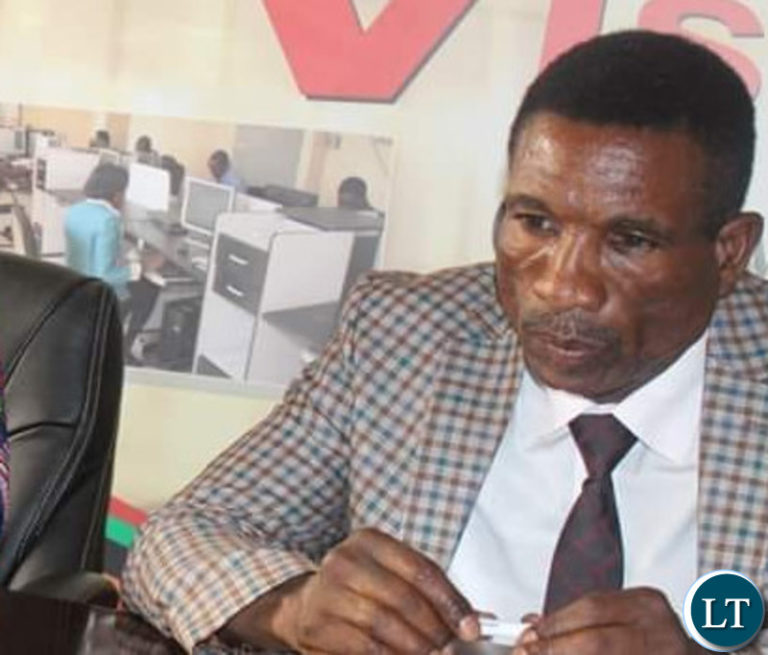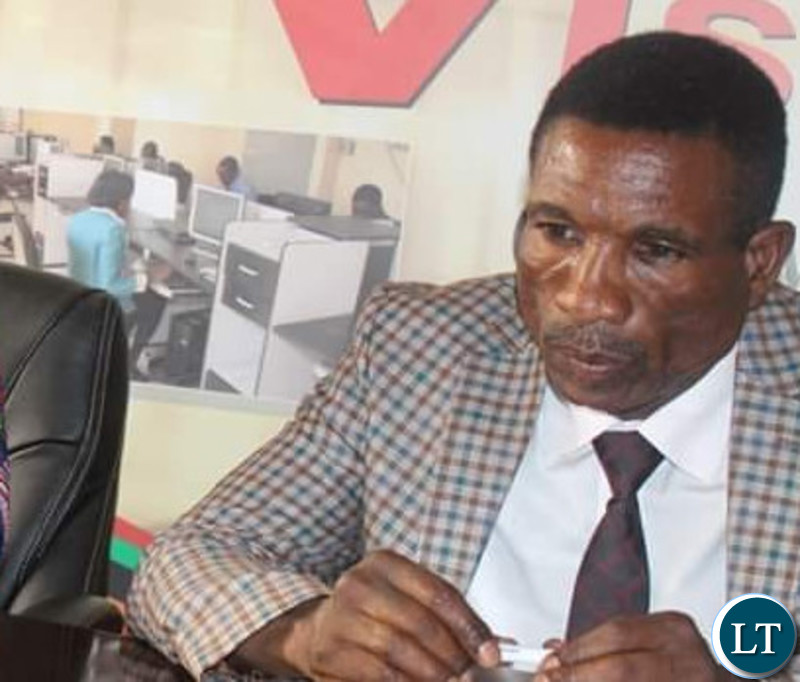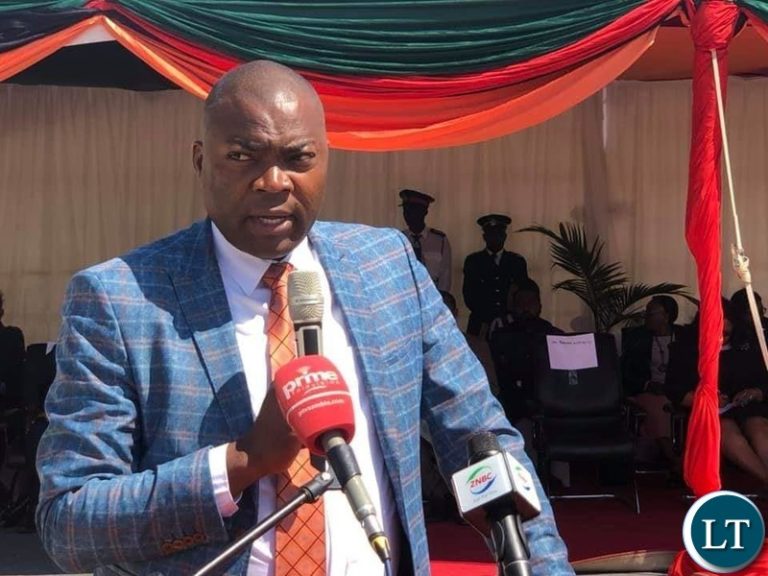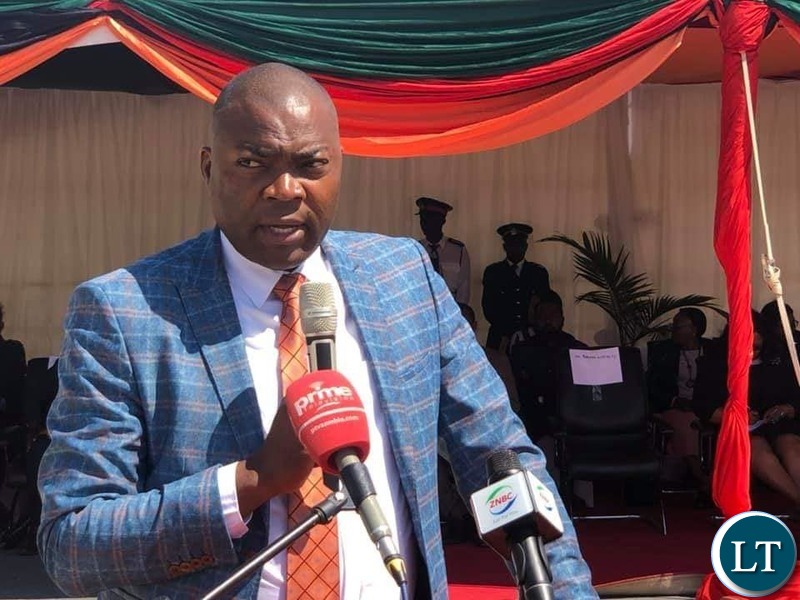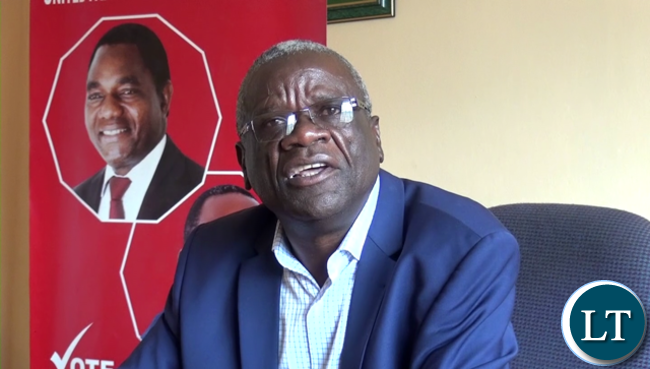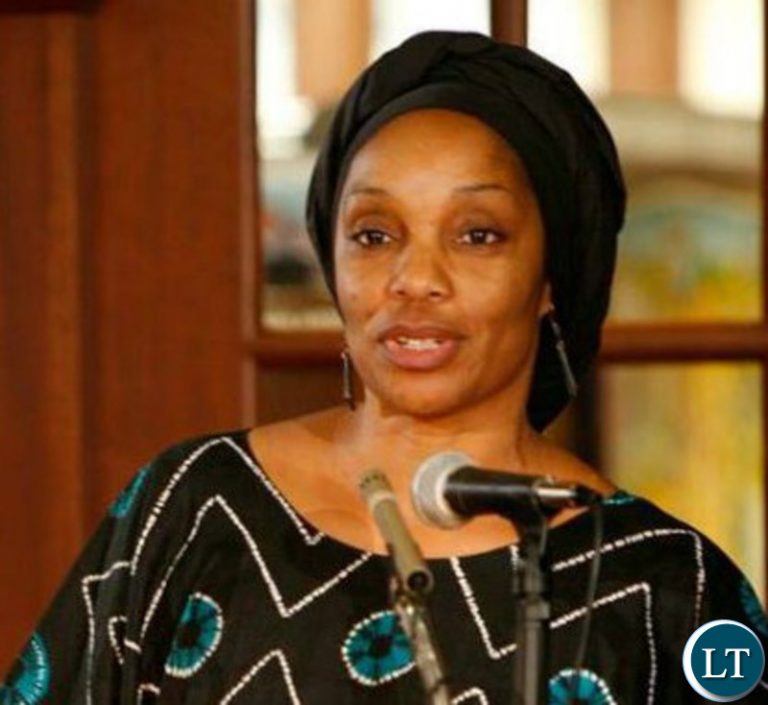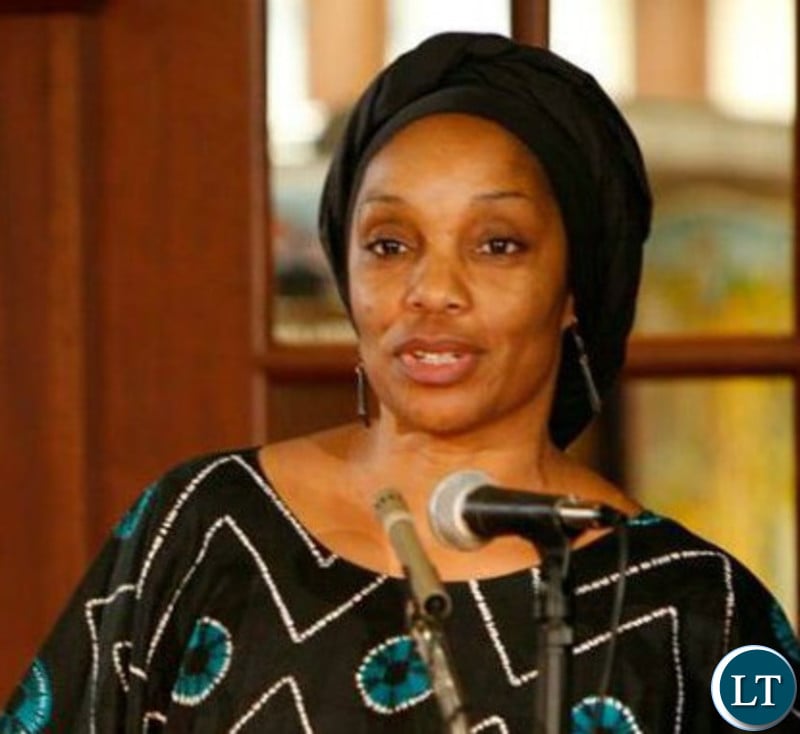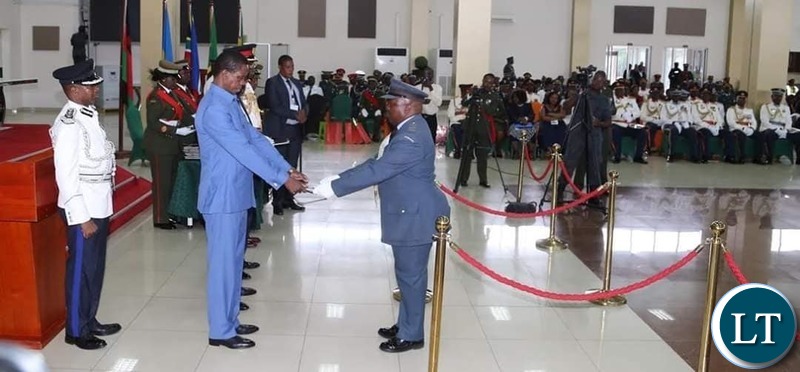One person has died while another one has been evacuated to Livingstone central hospital after heavy rocks fell on them at Nkandabbwe Colum Coal Enterprises Mine Limited in Sinazongwe District.
Mine Manager Ketson Munthali confirmed that three miners were involved in a mine accident which left one dead, another one seriously injured while the third one survived with minor injuries.
In his briefing to Sinazongwe District Commissioner at the mine’s shaft two offices, Mr. Munthali said the accident occurred around 11:30 hours yesterday at mineshaft one when the deceased and two others were on duty underground the mine.
He identified the deceased as Stanley Bulongo aged 44, Trust Simulombela aged 39, who has since been evacuated to Livingstone Central Hospital, and the survivor Teddy Siakulya.
Mr. Munthali explained that the trio were hit by heavy falling rocks underground which resulted into the death of one miner.
He assured the bereaved family that the company will provide assistance in terms of requirements for the funeral until the deceased employee is buried.
Mr. Munthali added that it was unfortunate that life was lost in such an accident.
He said the mining company has been conducting safety talks every day with the miners before they go to work underground.
Meanwhile, Sinazongwe District Commissioner Protacial Mulenga has expressed sadness over the loss of life in an accident at the mine.
Mr. Mulenga has since called on the Nkandabbwe Colum Coal Enterprises Mine Limited to strengthen and intensify safety measures and regulations for its employees.
He said the company must ensure that miners are provided with protective safety clothing and sensitized every day before they are dispatched to go and work underground.
In another incident, police in Sinazongwe district have discovered a body of a female person.
The unidentified body was discovered yesterday around 16:00 hours in Nangombe ward around Siamfunde village.
The body was found in a decomposed state and will be buried today at the site where it was found because it could not be taken to the mortuary due to its bad state.
Police has since instituted investigations to gather details of the deceased and circumstances that led to her death.



